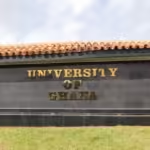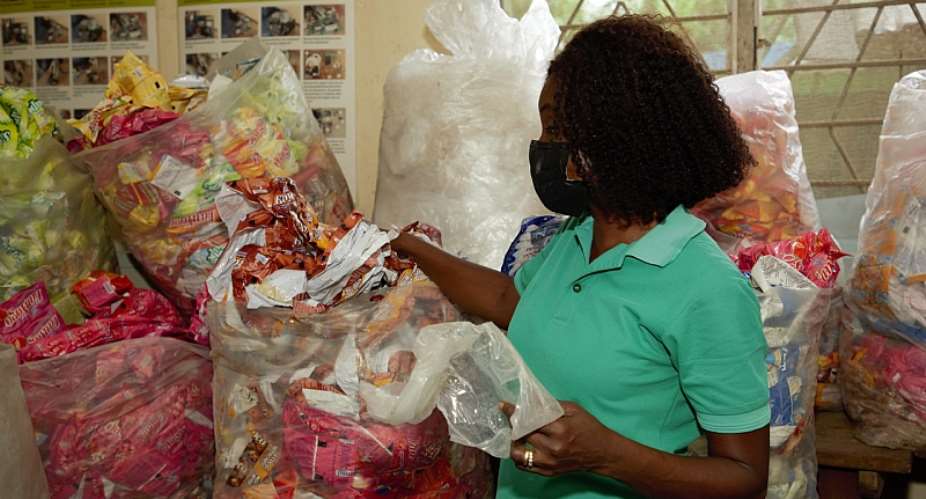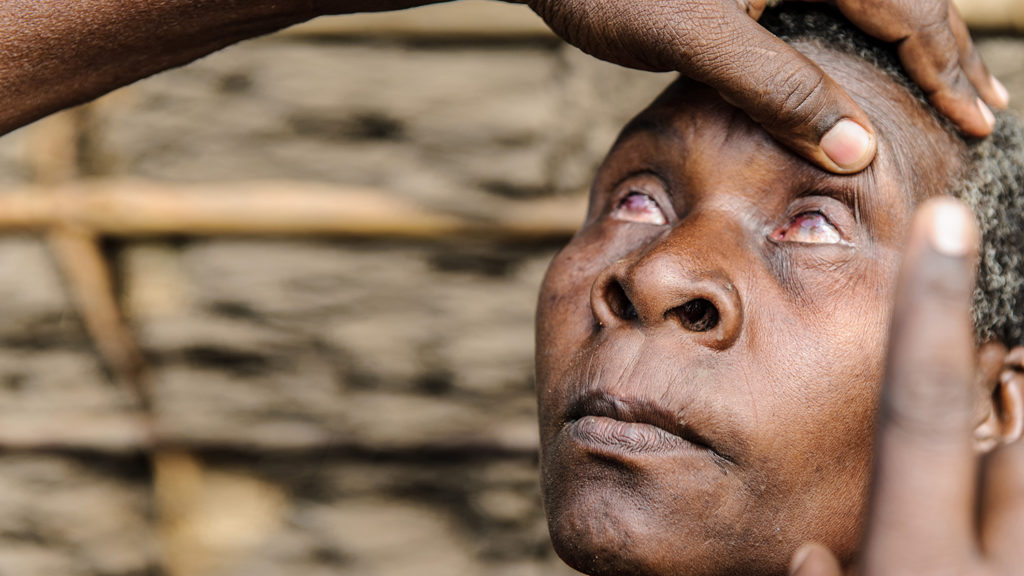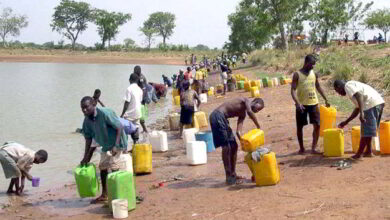The advisor to the president on health proposes creative ways to deal with the scarcity of dialysis machines.
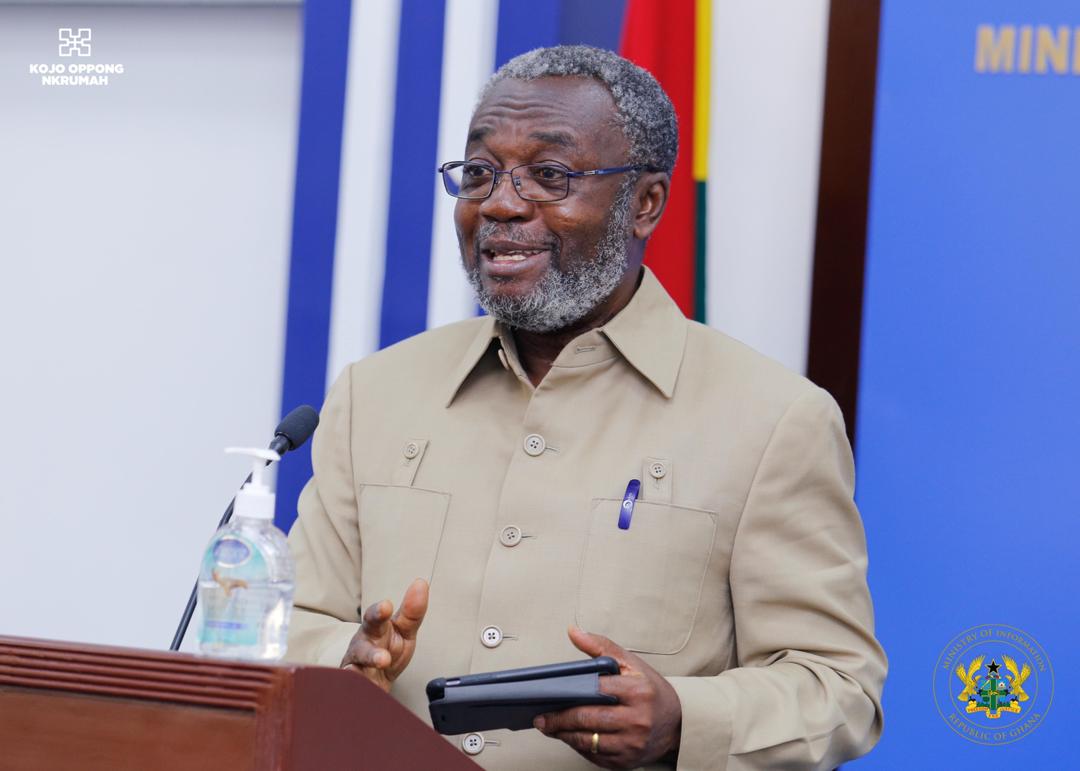
The advisor to the president on health proposes creative ways to deal with the scarcity of dialysis machines.
The Presidential Advisor on Health, Dr. Anthony Nsiah-Asare, has voiced worries over the lack of dialysis equipment, which medical facilities and Ghanaians have expressed. He has stressed the need for creative solutions to address this problem.
Dr. Nsiah-Asare argues that there is no need to be concerned about the scarcity of dialysis machines, pointing out other options that can be used to address the issue.
Based on his vast expertise overseeing medical facilities, including the Komfo Anokye and Tamale Teaching Hospitals, Dr. Nsiah-Asare suggested implementing a placements system, which involves liaising with other organizations that have the necessary equipment.
In order to facilitate smoother operations for both sides, he suggests hospital managers and directors look into partnerships wherein companies that own machinery supply them for usage in exchange for additional services.
“For eight and a half years, I oversaw Komfo Anokye Teaching Hospital.” For five and a half years, I oversaw Tamale. I know how hospitals are run because I have managed numerous hospitals.
“In certain cases, such as with dialysis machines, the government may not be required to purchase them for you due to a system known as liaisons or placements, which allows machines to be borrowed while you work out a deal with the owners to ensure seamless operation for both parties.
In his reflections, Dr. Nsiah-Asare emphasized the efficacy of his successful partnership with a nephrologist to launch dialysis services at Komfo Anokye Teaching Hospital.
He said that instead of using direct government procurement, refurbished dialysis machines and crucial training for hospital staff were obtained through liaison and partnership.
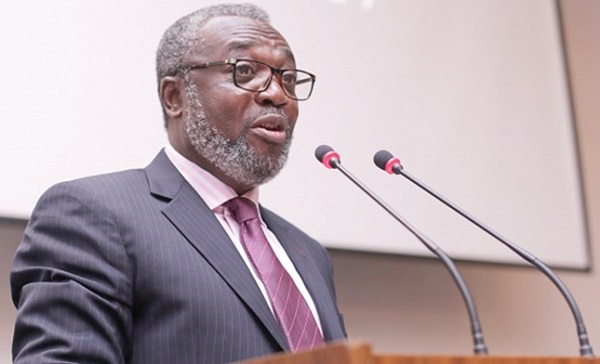
“You can make arrangements for this; I set up the Komfo Anokye Dialysis Machine; the government did not purchase it for us. I accomplished this in collaboration with a US-based nephrologist who shared my desire to see people have access to the services they require; she assisted in setting it up and trained staff to operate it. She delivered three reconditioned machines along with more medical supplies.
To successfully handle equipment shortages, Dr. Nsiah-Asare stressed that large hospitals in Ghana might duplicate such collaborations with pertinent organizations.
The large hospitals in Ghana can decide with their boards that they wish to communicate with this organization or that for these reasons, and I’m sure that can work well. These are systems that we should consider.
But he warns that purchasing equipment is just the beginning—successful administration and upkeep are essential to keeping these projects going.
Dr. Nsiah-Asare underlined the need for a change towards a more sustainable maintenance culture not only inside hospitals but also across other sectors like education, highlighting a larger cultural challenge.
“We have to address the issue of our maintainable culture in Ghana, which affects both hospitals and schools.”

